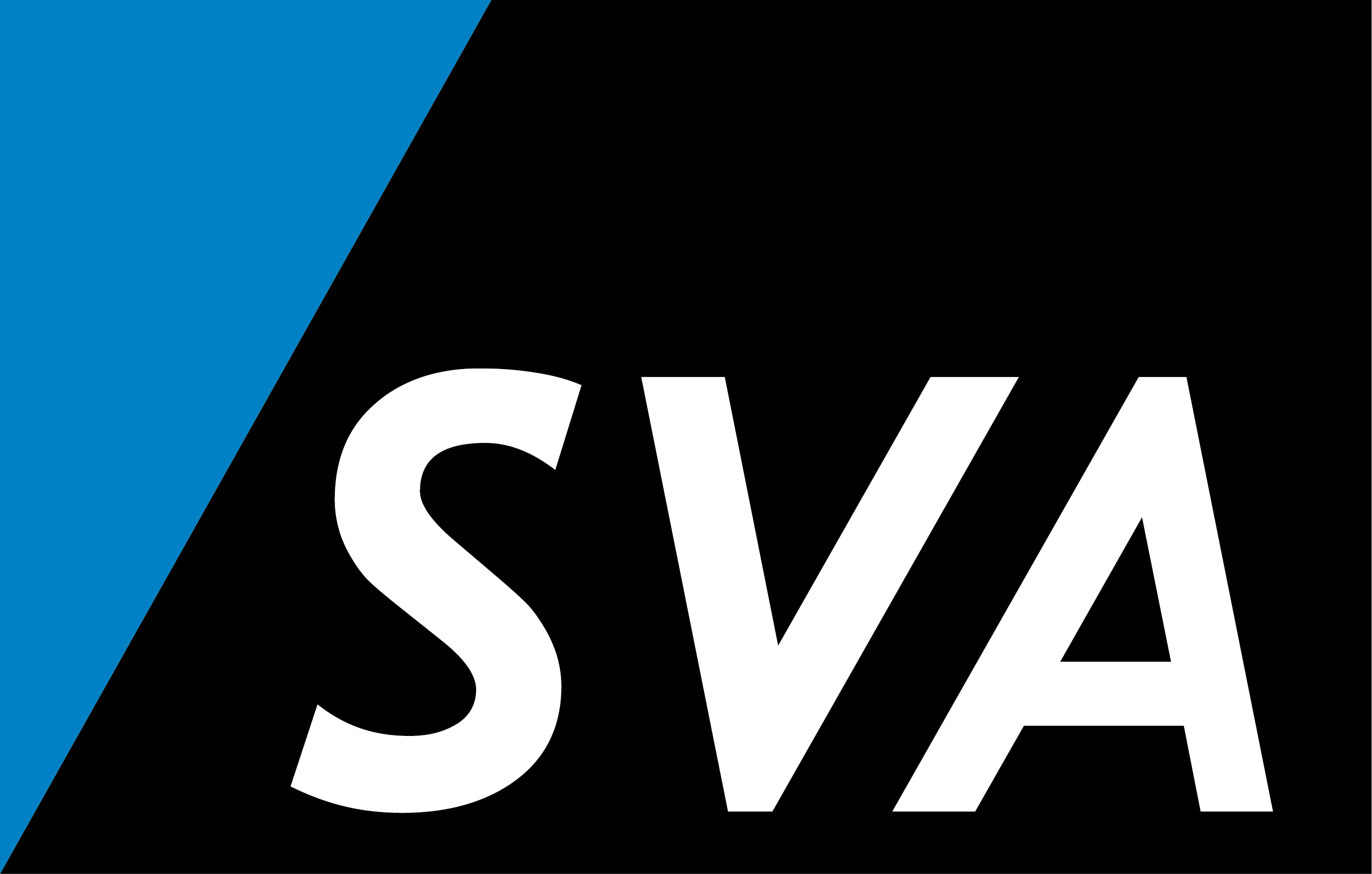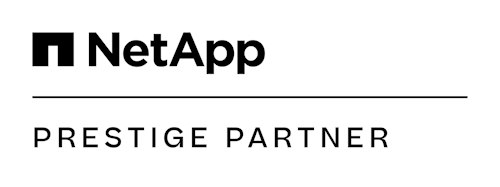NetApp - Agile IT
Creating applications faster with DevOps
Application development has changed a lot in recent years. Requirements have become much more demanding: Software needs to run on multiple different systems and development teams have to deliver sooner. On top of all this, scalability, high availability, portability, failure safety and compatibility also play a major role.
The solution: Innovative concepts and technologies like DevOps and containers!
In this article, you will discover how DevOps, container technology and NetApp can help you accelerate your business. In addition, we offer you a chance to test NetApp ONTAP Select free of charge for 90 days. After all, the best way is often to see for yourself. Should you have any questions, we will be happy to help.
#team-netapp
The benefits of DevOps
Over the last few years, the digital transformation has not only changed technology, but also the way in which IT departments work together. Teams no longer perform design and development tasks in an isolated silo: End-to-end responsibility means that teams are involved in the development from the initial concept all the way to production. DevOps also involves developing agile methods that in the past were used mostly in software development. But DevOps goes a step further and influences all levels of the business, including applications, infrastructure, processes and governance. As a result, DevOps helps your business grow.
Making DevOps development easy with container technology
Containers are essential for DevOps, especially when it comes to developing new applications. But what are containers exactly?
As the name suggests, containers are demarcated areas that contain applications and everything required to run them inside. As containers are isolated, they operate independently of the development environment. Above all, this reduces the problems that arise when software has to be moved across various platforms and infrastructures.
The main advantage of containers is that they have no state and do not require an operating system. But this comes with a drawback: In earlier container versions, the data stored within them was lost.
The solution: A persistent memory that is retained even after the container is ended.
One way of retaining the stored data after ending the container is to use memory plugins, also known as volume plugins. These are reliable and easy to manage.
The benefits of Kubernetes Persistent Volume
Kubernetes is a portable and expandable platform for administering containers and microservices that is popular among DevOps teams. What makes Kubernetes special is the way it allows the use of persistent volume (PV). PV is integrated here as a volume plugin and stores data permanently and independently of the container.
What makes it special: Cloud applications that run on Amazon S3, for example, generally need to use predefined memory services. By contrast, Kubernetes Persistent Volume lets developers use a variety of cloud storage systems or platforms outside the specified environment. This makes it easier to switch between clouds and adapt multi-cloud solutions. It also reduces integration costs and the risk of a vendor lock-in.
What types of persistent memory are available?
Kubernetes offers many different volume plugins for a variety of areas and applications. These are integrated through the StorageClass object.
NetApp ONTAP and NetApp Trident – a strong team
NetApp Trident forms the foundation for Kubernetes and offers dynamic memory through Cloud Volumes ONTAP for AWS, Azure or ONTAP Select. One of the main benefits of Trident is that applications in containers can utilize the many advantages in NetApps enterprise data management.
Best of all: Trident can also create a dynamic Kubernetes environment with Cloud Volumes ONTAP. Cloud Volumes ONTAP uses native cloud computing and storage services to generate a virtual NetApp storage application in AWS or Azure. This results in several advantages:
-
Thin provisioning for lower storage requirements
-
Cost-effective deduplication and compression
-
Efficient storage tiering
-
Persistent volume cloning with NetApp FlexClone®
-
Fast backups and restores
-
High availability thanks to active-active storage nodes
-
And much more
NetApp ONTAP Select – more options, more freedom
NetApp ONTAP Select offers virtualized enterprise-class storage services for the hybrid cloud. This software combines the best of two worlds: greater agility and flexibility, granular capacity scalability, excellent failure safety and much more. As such, ONTAP Select is one of the best storage management platforms in virtualized environments, making it ideal for DevOps.
Best of all: This lets you create a storage infrastructure and dynamic storage provisioning for Kubernetes in less than an hour!
Combined with NetApp Trident, ONTAP Select offers countless new possibilities for developers. This flexibility means that ONTAP Select is not limited to just one type of backend storage – you can integrate various platforms with different storage classes in a single provision.
For NetApp, containers are the future of cross-cloud workloads. Containers abstract the applications of the underlying operating system, enabling portability and flexibility in software development.
This means that container technology with persistent memory offers a huge range of opportunities, especially for developers and DevOps teams. Above all, containers are the perfect tool for bringing applications and services to market quicker, benefiting both the DevOps team and the company in general. This makes the company more flexible and allows it to react quickly to changing business situations.
But there is one thing to bear in mind at all times: When DevOps teams accelerate business processes, every other department needs to go along with it. Imagine a situation in which a product is fully developed, but marketing has not even created an advertising campaign for it. Or that contact center staff have not yet been trained. With this in mind, make sure that everyone is on board when you want to accelerate your business and take it forward.
Any Questions?
If you would like to know more about this subject, I am happy to assist you.
Contact us

